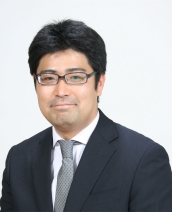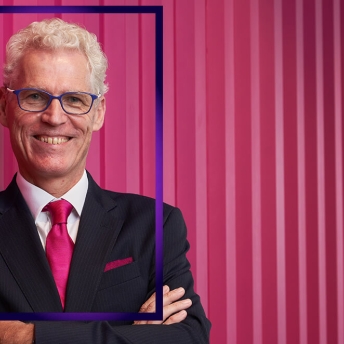Yuma Ito
Partner
Head of Arthur D. Little Southeast Asia
Yuma advises automotive and industrial companies on growth strategy, business expansion strategy, M&A, change management and organizational effectiveness.

Education

Yuma is a Partner at Arthur D. Little, managing the Singapore office. He advises manufacturing companies on growth strategy, business expansion strategy, M&A, change management, and organizational effectiveness.
As head of our office in Singapore, Yuma is in charge of multiple projects spanning South East Asia (Thailand, Indonesia, Vietnam, Malaysia, etc.)
Yuma has extensive experience planning company-wide corporate strategy, business strategy, overseas expansion strategy, overseas operations reform, M&A/partnering support, and other such projects in the manufacturing industry.
In addition to automotive and industry, Yuma has led various projects in electronics, energy, chemicals, healthcare, and the food industry.
He holds an MS from The University of Tokyo Graduate School of Frontier Sciences, Department of Human and Engineered Environmental Studies.

“Big enough to survive and small enough to care — we can do it!”

Cleaner seas: Mitigating maritime emissions

Creating a greener future for the blue economy

Yuma is a Partner at Arthur D. Little, managing the Singapore office. He advises manufacturing companies on growth strategy, business expansion strategy, M&A, change management, and organizational effectiveness.
As head of our office in Singapore, Yuma is in charge of multiple projects spanning South East Asia (Thailand, Indonesia, Vietnam, Malaysia, etc.)
Yuma has extensive experience planning company-wide corporate strategy, business strategy, overseas expansion strategy, overseas operations reform, M&A/partnering support, and other such projects in the manufacturing industry.
In addition to automotive and industry, Yuma has led various projects in electronics, energy, chemicals, healthcare, and the food industry.
He holds an MS from The University of Tokyo Graduate School of Frontier Sciences, Department of Human and Engineered Environmental Studies.

“Big enough to survive and small enough to care — we can do it!”

Cleaner seas: Mitigating maritime emissions

Creating a greener future for the blue economy
More About Yuma
- The University of TokyoMaster’s Degree in Human and Engineered Environmental Studies